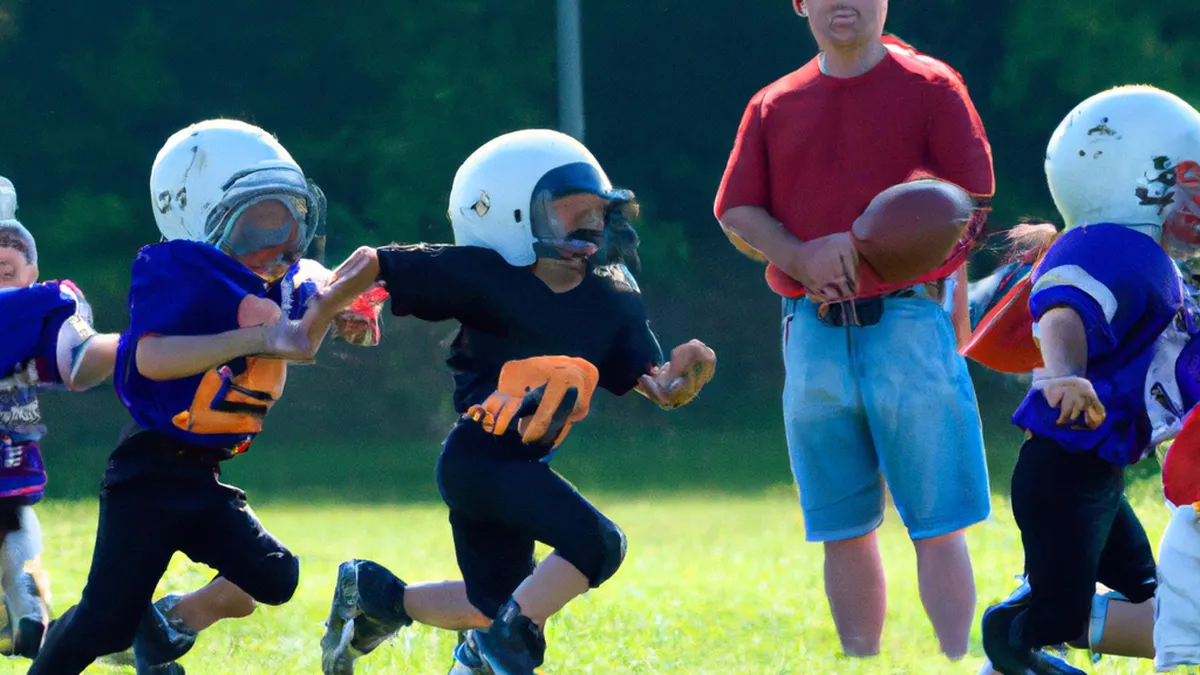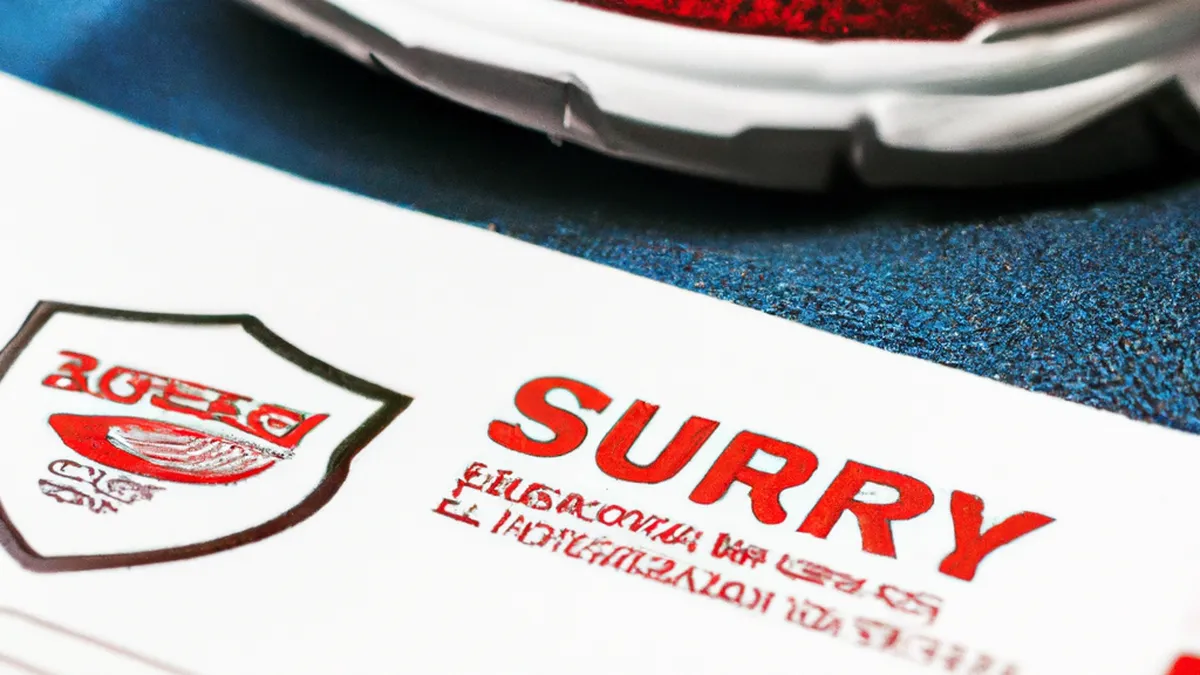Collaborating with Parents in Speed Training
The Importance of Engaging Parents in Speed Development Programs
Speed development significantly impacts youth athletes’ growth and performance. Speed enhances athletes’ abilities in various sports. Coaches alone cannot foster this development; parents also play a crucial role. When parents engage in speed development programs, they create a supportive environment. This involvement fosters motivation, consistency, and understanding of athletic demands.
This blog explores effective ways to involve parents in speed development programs, discusses engagement benefits, and offers strategies for strengthening involvement.
Tips for Engaging Parents
Engaging parents in speed development can be simple and efficient. Here are practical tips to help you start.
Communicate Regularly
Regular communication builds strong parent engagement. Inform parents about program goals, schedules, and their child’s progress. Use newsletters, emails, or group chats to share information. Regular updates keep parents informed and build trust, encouraging their participation.
Invite parents to ask questions and share concerns. This open dialogue connects them to the program.
Host Workshops
Consider hosting workshops to educate parents about speed development techniques. Cover topics like speed drills, fitness strategies, nutrition, recovery, and injury prevention. Provide parents with useful tips to help them support their children effectively.
Workshops also allow parents to engage with coaches and ask questions, enhancing their understanding of the training process.
Create a Parent-Child Program
Design a program that allows parents to participate alongside their children. Include speed drills, agility exercises, or fitness activities for both parents and athletes. When parents join exercises, they bond with their children and experience the training process.
This shared experience strengthens their bond and helps parents understand speed training demands, enabling effective emotional and physical support.
Encourage Feedback
Encourage parents to provide feedback on the program to enhance engagement. Establish open communication where parents feel comfortable sharing thoughts and suggestions. Listening to their input improves the program and makes parents feel valued.
This feedback loop can also uncover new ideas and strategies, enhancing the training experience for everyone.
Advice for Strengthening Parent Involvement
Dedication and creativity enhance parent involvement. Here are additional strategies to strengthen engagement and create a positive environment.
Set Clear Expectations
Clearly outline parents’ roles in the program. Simplify expectations, whether it’s attending training sessions or volunteering for events.
Conclusion
Involving parents in speed development programs enhances athletes’ growth and fosters a supportive community.
Below are related products based on this post:
FAQ
Why is parent involvement important in speed development programs?
Parent involvement is crucial in speed development programs because it creates a supportive environment that fosters motivation, consistency, and a better understanding of athletic demands. When parents engage in the process, they help their children progress and thrive in their sports activities.
What are some effective ways to engage parents in these programs?
Effective ways to engage parents include regular communication about program goals and their child’s progress, hosting workshops to educate them about speed development techniques, creating parent-child programs that involve both in training activities, and encouraging feedback to improve the program. These strategies help build trust and strengthen the parent-coach relationship.
How can feedback from parents enhance the speed development program?
Feedback from parents can enhance the speed development program by providing valuable insights and suggestions that can improve training methods and overall program effectiveness. When parents feel comfortable sharing their thoughts, it not only makes them feel valued but can also lead to new ideas and strategies that benefit all participants.















Post Comment